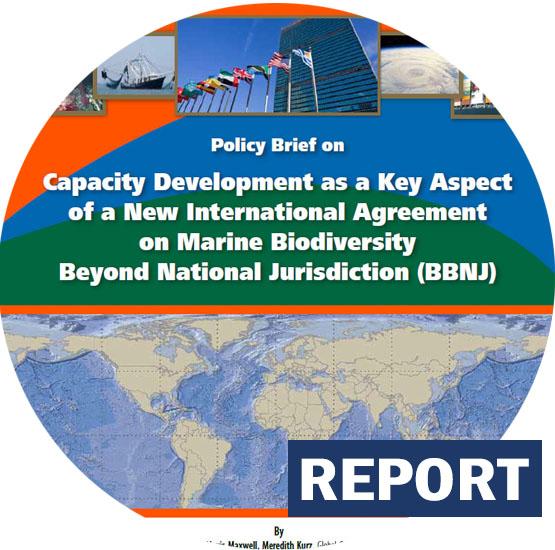
BOBP-IGO contributes to the forthcoming UN Intergovernmental Conference on Biodiversity Beyond National Jurisdiction (BBNJ)
As the historic UN Intergovernmental Conference on ‘Biodiversity Beyond National Jurisdiction (BBNJ)’, which opens on September 4, 2018 in New York, we are happy to inform you that the Bay of Bengal Bengal Programme Inter-Governmental Organisation has contributed to a multi-author, multi-institutional ‘Policy Brief on Capacity Development as a Key Aspect of a New International Agreement on Marine Biodiversity Beyond National Jurisdiction (BBNJ)’.
What is the International Agreement on Marine Biodiversity Beyond National Jurisdiction (BBNJ)?
In 2017, the UN General Assembly (UNGA) passed a resolution that an intergovernmental convention will be organized under the UN “to elaborate the text of an international legally binding instrument under the United Nations Convention on the Law of the Sea (UNCLOS) on the conservation and sustainable use of marine biological diversity of areas beyond national jurisdiction, with a view to developing the instrument as soon as possible;”. As an instrument under the UNCLOS, this legally binding document will aim to further the objectives of the Law of the Sea, namely, sustainable uses of oceanic resources.
The Policy Brief addresses the capacity that will be needed at national and regional levels to implement the new Agreement; relevant international prescriptions on capacity development and summary of BBNJ discussions to date; existing efforts at providing capacity relevant to BBNJ; options for a clearing-house mechanism; options for a financing mechanism; and possible modalities for linking capacity development actions at global, regional, and national levels. (https://bit.ly/2LIk71u)
The Policy Brief highlights that the Capacity Development and Technology Transfer, the fourth major issue being addressed in the BBNJ process, is in fact, the ‘enabler’ of the other three issues (marine genetic resources and access to benefit sharing; area-based management; and environmental impact assessment). Without appropriate capacity development and technology transfer, the other three major emphases of the BBNJ International Agreement will not be realized.